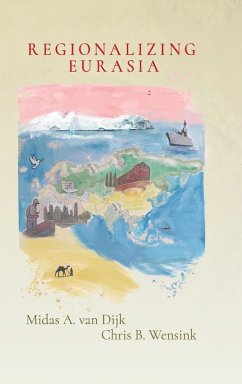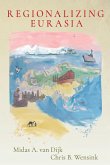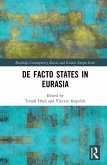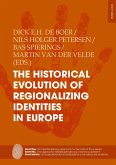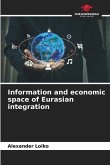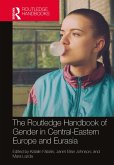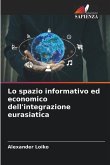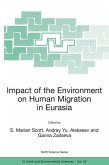The COVID-19 pandemic restricted travel and placed free trade under scrutiny. This book demonstrates that the causes of a deglobalization have been growing for decades. The future, however, is not the end of globalism nor a return to nationalism, but a regionalization in which the EU, ASEAN, EEAU and other blocs will become the new focal points of economics and world politics. A regionalizing world will offer exciting new opportunities - but only to those who grasp them. This book will help you do that. "This book addresses important questions on how the global economy will develop as the golden age of globalization comes to an end." Prof. Duncan Freeman, EU-China Research Centre, College of Europe, Bruges "Recent events have only confirmed the prophetic nature of the argument put forward in this volume" Prof. Alice de Jong, Monash University. "This fascinating yet scholarly book that shows all the intricacies of political and economic processes as we goodbye to globalization." Prof. Alexey Maslov, Moscow State University. "This readable book... invites readers to reflect about the robustness of globalization. The authors are not afraid to discuss fundamentals." Dr. Jacques Pelkmans, Centre for European Policy Studies, Brussels. "Global in geographic reach and in terms of policy domains covered, this study offers thought-provoking conclusions on the dynamics of regionalization across Eurasia." Dr Moritz Pieper, author of 'The Making of Eurasia: Competition and Cooperation between China's Belt and Road Initiative and Russia' (2021)
Hinweis: Dieser Artikel kann nur an eine deutsche Lieferadresse ausgeliefert werden.
Hinweis: Dieser Artikel kann nur an eine deutsche Lieferadresse ausgeliefert werden.

